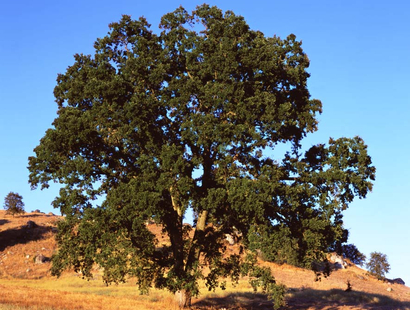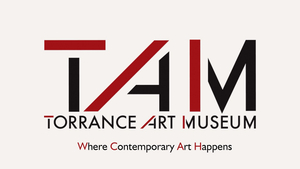
The Profiled project includes depictions of the human form as found in sculpture and physical anthropology collections in Asia, Colombia, Japan, Mexico, Northern Europe, Singapore, and the United States and span from antiquity to the 1930s. Yet Profiled is not a history of sculpture: it is a conceptual clustering of cultural artifacts, arranged to foreground the emergence, idealization, and even folly of race, including whiteness. Gonzales-Day's aim is to provide a new context for considering these ambiguous and sometimes troubling objects, some of which might otherwise be withheld from public view. As noted in the Petrus Camper epigraph, an Apollo or a Venus came to symbolize a particular conception of human "achievement" in European thought, and as such, their marble limbs may tell us as much about the times in which they were made as the subjects they depict.
Photographing them and researching their origins has helped the artist to better understand not only the conditions of their making, reception, and use, but the malleability of racial categories themselves—including the construction of whiteness. Profiled examines these dated ideologies and their aesthetic manifestations, but the project is as much about the present as it is about the past. Cast, carved, burned, and broken, these are the shadows of people who once lived in this world, or in the imaginations of their makers; they are subtle reminders of the philosophical, metaphysical, spiritual, legal, and scientific claims that once depended upon appearance alone. This project seeks to integrate these motionless—yet multivalent—forms into the complex history of racial formation. Encompassing everything from memorials of emperors and kings to gods and goddesses, Orientalist follies, and racial typologies—together they provide a new perspective on what it means to be profiled in our own time.


![Ken Gonzales_Day Untitled (Pierre-Jean David d’Angers, Bust of Ann Buchan Robinson, Museum of City of New York; Joseph Nollekensm Venus, The J. Paul Getty Museum, Los Angeles; Malvina Hoffman, Japanese Woman [337087], The Field Museum, Chicago; Malvina Hoffman, Eskimo Woman [337060]), The Field Museum, Chicago), 2009-2011](https://static-assets.artlogic.net/w_1200,h_900,c_limit/exhibit-e/5d9cbba6a5aa2c5f038b4567/9632c6dc1615c7472068f270d740856c.jpeg)
![Ken Gonzales-Day Untitled (Malvina Hoffman Collection, Kashmiri Man [Prakash Haksar], [337097], The Field Museum, Chicago, IL, 2009-2012](https://static-assets.artlogic.net/w_1200,h_900,c_limit/exhibit-e/5d9cbba6a5aa2c5f038b4567/194f1a25054fa1ddfd10811fb35d3afb.jpeg)
![Ken Gonzales-Day Untitled (Malvina Hoffman Collection, Mangbetu Woman [337107], The Field Museum, Chicago), 2009-2012](https://static-assets.artlogic.net/w_1200,h_900,c_limit/exhibit-e/5d9cbba6a5aa2c5f038b4567/da4875b326f6df8b4e9bf98f2d098606.jpeg)




![Ken Gonzales-Day Untitled (Malvina Hoffman, Barefoot Man [337236], The Field Museum, Chicago and Jean-Jacques-Francois Saly, Faun Holding Goat, The J. Paul Getty Museum, Los Angeles), 2009-12](https://static-assets.artlogic.net/w_1200,h_900,c_limit/exhibit-e/5d9cbba6a5aa2c5f038b4567/a74dfe46e364cdb30a4f03338a0e6463.jpeg)
![Ken Gonzales-Day Untitled (Léon Fagel Discobolos at Rest [after the antique sculpture by Naukydes of Argos {4th century B.C.} in the Vatican], École des Beaux- Arts, Paris), 2011](https://static-assets.artlogic.net/w_1200,h_900,c_limit/exhibit-e/5d9cbba6a5aa2c5f038b4567/7bd0d6ce0facdbab05e45f8decfe6f58.jpeg)
![Ken Gonzales-Day Untitled (Malvina Hoffman Collection, [top:left to right] Mayan Man [336921]; South African Bushwoman [336951]; Asparoke Indian Man [336935]; Ubangi Woman [336943]; [bottom: left to right] Sudan Woman [336938]; Padaung Woman [336925]; Tibetan Merchant [336941A]; Zulu Woman [336945]; Lapp Man [336917], The Field Museum, Chicago, IL), 2009-2012](https://static-assets.artlogic.net/w_2400,h_1800,c_limit/exhibit-e/5d9cbba6a5aa2c5f038b4567/54f0c76f14f94cb8e74a8720f328fd28.jpeg)





























































































































































